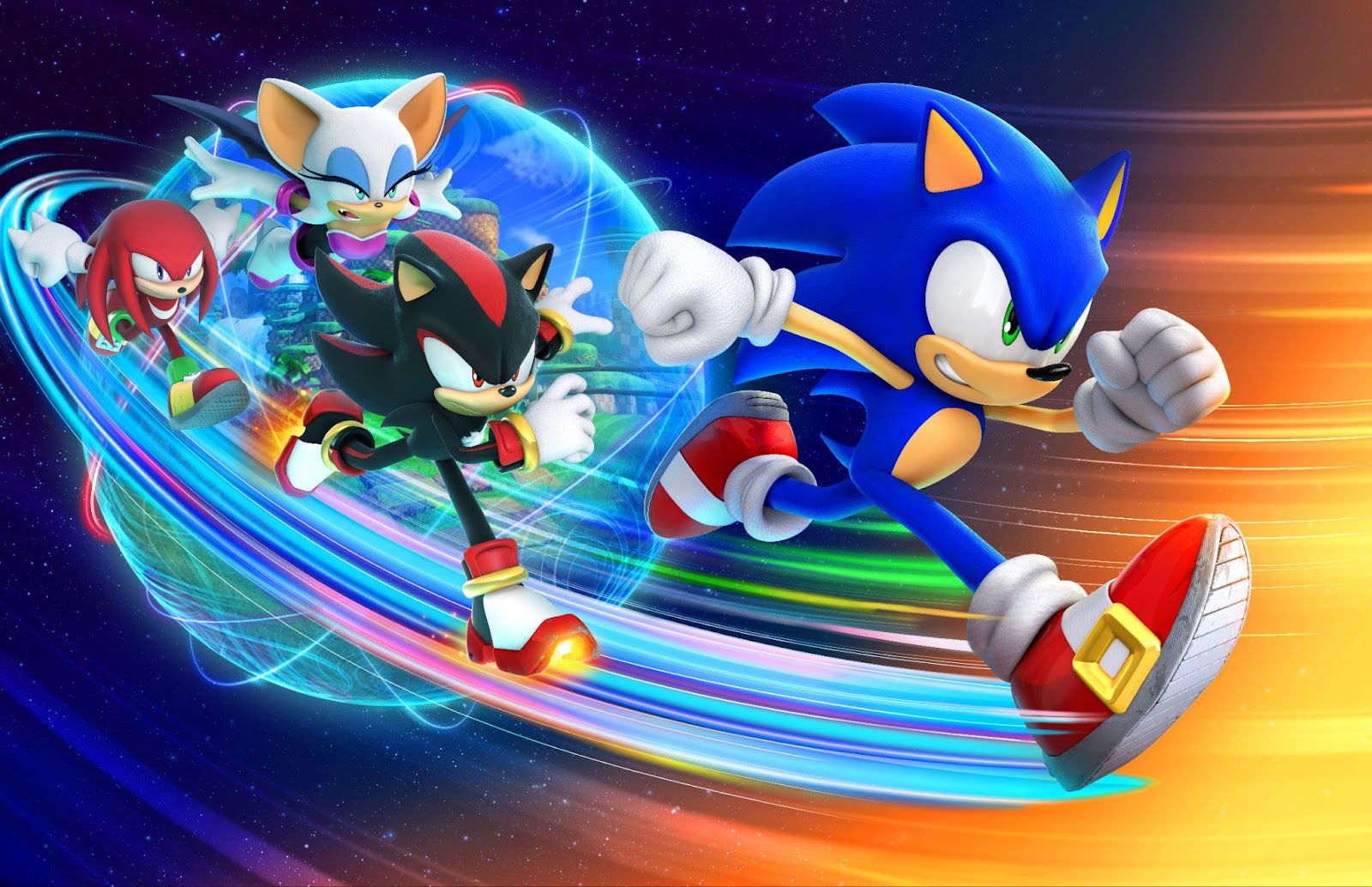Who is International Booker Prize winner Banu Mushtaq?
"This book was born from the belief that no story is ever small; that in the tapestry of human experience, every thread holds the weight of the whole," author Banu Mushtaq said in her acceptance speech for the International Booker Prize, which she won for "Heart Lamp" on May 20.
"In a world that often tries to divide us, literature remains one of the last sacred spaces where we can live inside each other's minds, if only for a few pages," the Indian writer added.
The English-language translation of her book "Heart Lamp" (original title: "Hridaya Deepa") becomes the first short-story collection to win the prestigious prize for translated fiction. Mushtaq is also the first Kannada-language author to win the award.
The Booker jury describes Mushtaq's writing as "at once witty, vivid, moving and excoriating, building disconcerting emotional heights out of a rich spoken style. It's in her characters — the sparky children, the audacious grandmothers, the buffoonish maulvis [a learned teacher or doctor of Islamic law] and thug brothers, the oft-hapless husbands, and the mothers above all, surviving their feelings at great cost — that she emerges as an astonishing writer and observer of human nature."
But before landing in the international spotlight, there were also moments in the now 77-year-old writer's life that were so dark that she no longer wanted to live.
She recalled in a recent interview with Indian magazine The Week that she once poured white petrol on herself and was ready to set herself on fire. Her husband managed to persuade her out of doing it by placing their baby at her feet, saying, "Don't abandon us."
"I realized then what a terrible thing I was about to do. Looking back, it might have been post-partum depression. But it felt deeper, heavier ― like something inside me was breaking."
As a new mother, she turned to writing to explore what she was going through.
"Everything in my stories is somewhat autobiographical. That experience made me more empathetic," she said.

Mushtaq was born in 1948 into a Muslim family in Karnataka, a state in the southwestern region of India. Defying her community's conventions, she attended university and married for love at age 26.
During the 1980s, Mushtaq got involved in Karnataka's growing social movements that aimed to abolish caste and class hierarchies.
While learning about social structures and the plight of marginalized communities, she supported her family by working as a reporter for a local tabloid, and a decade later, she became a lawyer.
As a Muslim woman lawyer with deep roots in her community, she developed a unique voice in her short stories, building in her own spirit of resistance and resilience in her female characters.
She emerged as one of the rare female voices to significantly contribute to Bandaya Sahitya (Rebel Literature), a literary movement that emerged in Karnataka as a protest against social injustices.

Her activism and writing has however made her the target of hostility and threats.
In an interview with The Hindu, she recalls the severe backlash she faced for advocating for Muslim women's right to enter mosques in 2000. A fatwa — a legal decree under Islamic law — was issued against her, and a man once attempted to attack her with a knife.
Despite the dangers, Mushtaq nevertheless pursues her work as an activist and a writer.
"I have consistently challenged chauvinistic religious interpretations," she told The Week magazine. "These issues are central to my writing even now. Society has changed a lot, but the core issues remain the same. Even though the context evolves, the basic struggles of women and marginalized communities continue."
"Heart Lamp" is a collection of 12 short stories written by Mushtaq between 1990 and 2023. Her oeuvre includes six short story collections, a novel, a poetry compilation and numerous essays.
The International Booker Prize recognizes the essential work of translators, with the prize money of 50,000 pounds (€60,000, $67,000) divided equally between the authors and translators.

In this case, translator Deepa Bhasthi also served as an editor of the book, having selected the stories for the collection.
"I was lucky to have a free hand in choosing what stories I wanted to work with, and Banu did not interfere with the organized chaotic way I went about it," Bhasthi told the Booker Prizes organizers.
The jury particularly praised Bhasthi's skilful translation as "something genuinely new for English readers. A radical translation which ruffles language, to create new textures in a plurality of Englishes. It challenges and expands our understanding of translation."
Mushtaq's first language is actually Urdu. She started learning Kannada, Karnataka's official state language, at the age of eight when she was enrolled in a convent school by her father.
It became the language she chose for her literary work. But her writing reflects the linguistic diversity of her region, often blending Kannada with Dakhni Urdu (a mix of Urdu, Kannada, Marathi and Telugu).
She sees using colloquial language as not just a medium of communication but a tool for cultural expression and resistance.
The English translation conveys the original approach, combining different languages, as Bhasthi retains several Kannada, Urdu and Arabic words.
The Booker Prize website states that an estimated 65 million people speak Kannada. Last year, it became the 53rd language of Vatican Radio.
But like many other Indian languages, Kannada has often been sidelined in favor of English or Hindi in India's publishing industry.
Mushtaq's success disrupts that trend, contributing to increased funding and translation efforts for other regional works, especially those by women and marginalized writers.
Edited by: Brenda Haas











